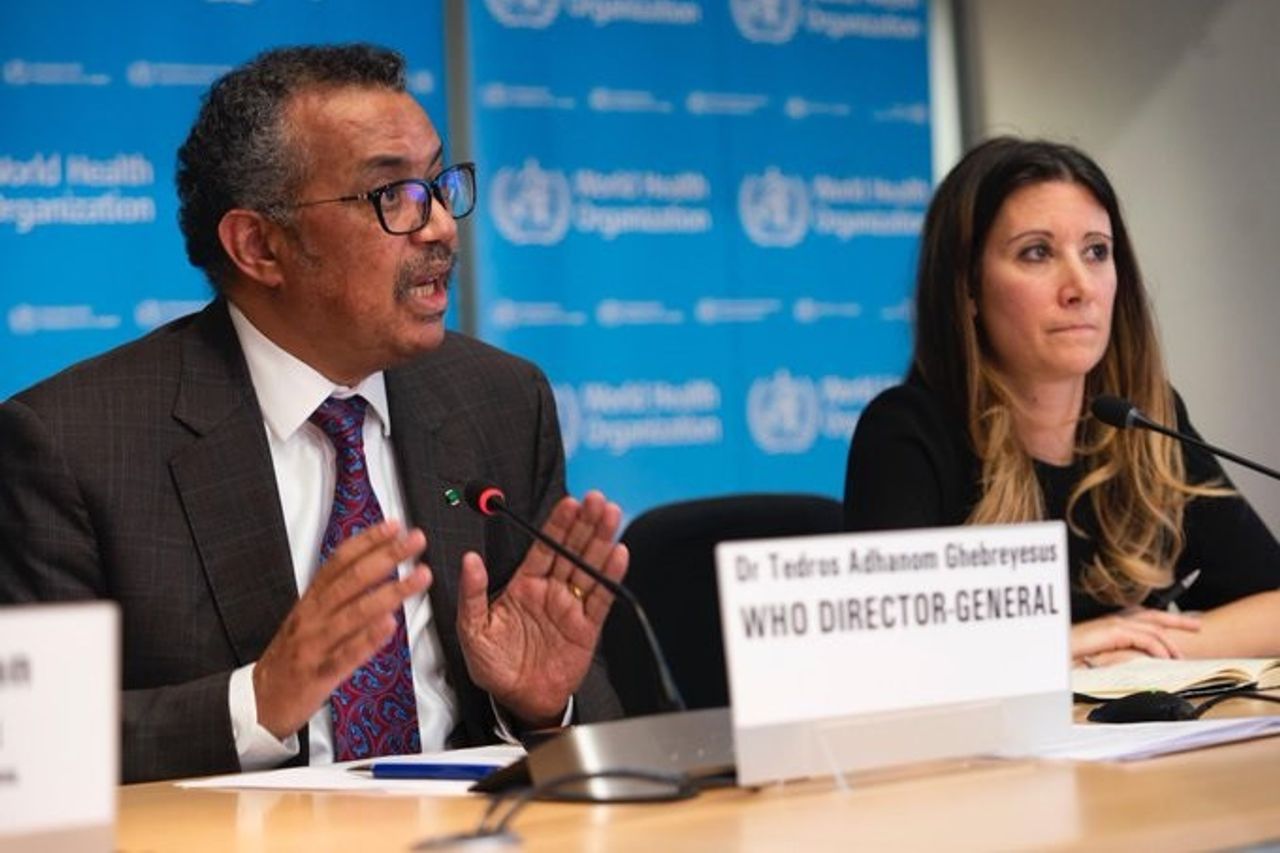The COVID-19 Virus That Increases Endangerment To The World

JAKARTA - The World Health Organization (WHO) has again raised the risk status of transmission of the corona virus (COVID-19). This followed after the virus spread to Sub-Saharan Africa.
Reported by Reuters, the corona virus has been rampant throughout the world over the past week and appeared on every continent except Antarctica. The virus has even prompted many governments and businesses to try to stop people from traveling or gathering in crowded places.
WHO noted, this virus has killed more than 2,800 people and infected more than 84,000 worldwide. This number has mostly come from China, since its appearance on an animal market in the central city of Wuhan in late December
However, not only in China, what is worrying is how this virus is spreading rapidly to other countries not only in Asia but also to the US and Europe. In the last 24 hours, it has infected nine new countries, from Azerbaijan to Mexico to New Zealand.
"We have now raised the status regarding the risk of spreading and the risk of the impact of COVID-19 to 'very high' at the global level," WHO chairman Tedros Adhanom Ghebreyesus told reporters Saturday, February 29.
Under the Intl Health Regulations, countries implementing additional health measures that significantly interfere with intl traffic shall notify WHO of the public health rationale of those measures within 48h.WHO # COVID19 Situation Report 28February https://t.co/7HayZB8cjG pic.twitter. com / fWw7vfoHCd
- World Health Organization (WHO) (@WHO) February 28, 2020
Countries in the world have started to take anticipatory steps to be aware of this corona virus. For example, Switzerland, which has canceled all gatherings of more than 1,000 people, and Saudi Arabia temporarily banned Umrah to Mecca and Medina.
"This is not the time to panic. This is the time to be fully prepared," said UN Secretary General Antonio Guterres.
These measures are being taken by countries as the number of infected and deaths from the virus continues to increase. Although in China there have been quarantines and some have recovered from this virus.
However, many other countries are still infected, such as in Iran, Italy and South Korea. With this addition, there have been recorded around 58 countries that have contracted this virus.
"We see a number of countries struggling with prevention," said Michael Ryan, head of the WHO's health emergencies program.
"This not a time for panic - it is time to be prepared." - @antonioguterres on the #coronavirus, as @WHO raises the risk assessment of # COVID19 to very high at the global level. Https://t.co / Rf6XnHxBIT pic.twitter.com/5p1WZWRNgz
- United Nations (@UN) February 28, 2020


